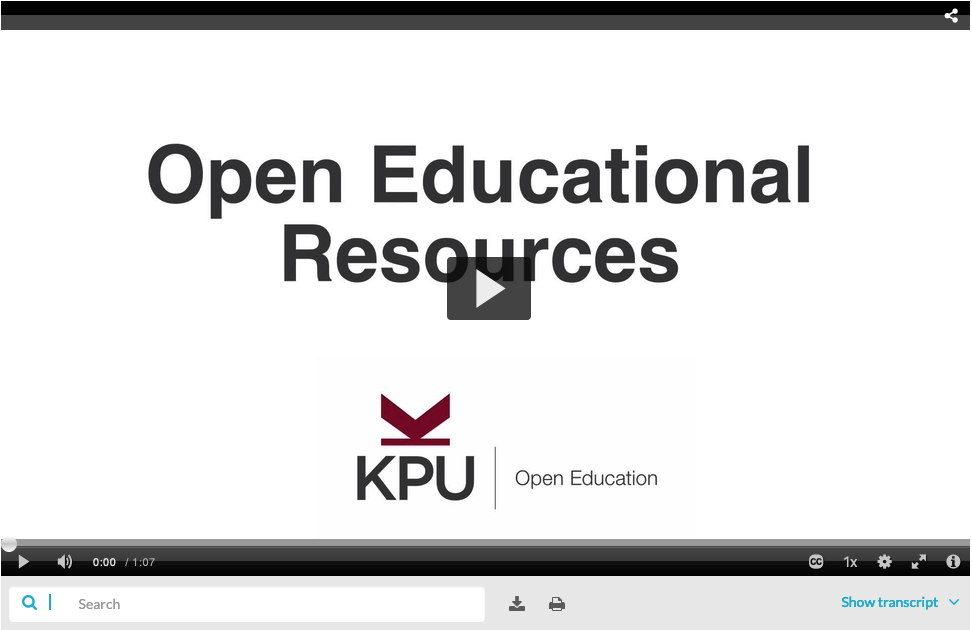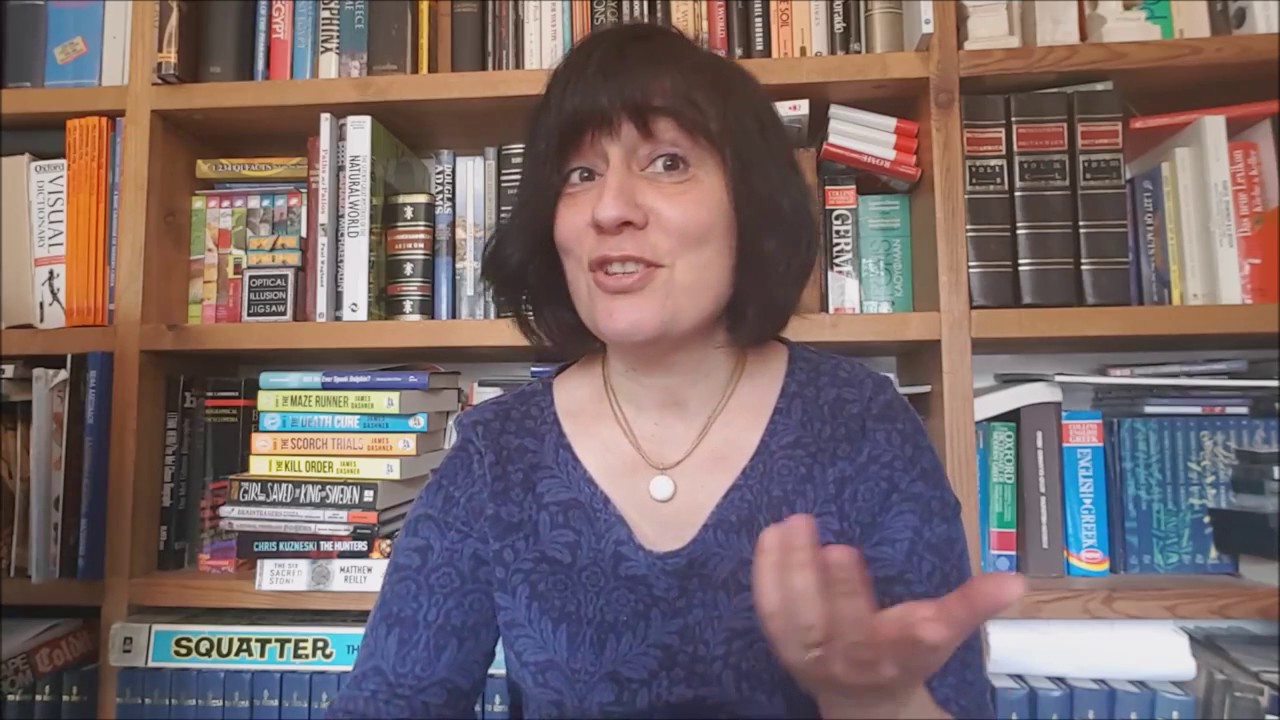On CCCOER’s excellent introduction to Open Education, it says that
Open Educational Resources (OER) are teaching, learning, and research materials that are either (a) in the public domain or (b) licensed in a manner that provides everyone with free and perpetual permission to engage in the 5R activities.
The 5R Activities of OER
An open license permits users of a resource to participate in the 5R activities of OER:
- Retain: Make, own, and control your own copy of the content
- Reuse: Use the content as-is
- Revise: Adapt, adjust, modify, improve, or alter the content
- Remix: Combine the original or revised content with other OER to create something new
- Redistribute: Share your copies of the original content, revisions or remixes with others
5R Definition is an adaptation of Defining the “Open” in Open Content and Open Educational Resources, which was originally written by David Wiley and published freely under a Creative Commons Attribution 4.0 license at http://opencontent.org/definition/.
What are Open Educational Resources?

A brief explanation of open educational resources (OER) by Dr. Rajiv Jhangiani, Kwantlen Polytechnic University
In 2017, the Year of Open hosted the openly licensed Food for Thought Series to generate conversation and resources around learning and teaching. Open Education Resources (OER) is featured in one of the films that explore some of the common questions such as:
- What are OER?
- What is the potential value of OER?
- What is my OER vision?
Chrissi Nerantzi and Team for #101openstories at the Center for Excellence in Teaching & Learning (CELT), Manchester Metropolitan University
An Open Perspective on OER
To me it is not so much about the OER itself, but about what you can do with it. The fact that so many high quality educational resources are available, created by anyone, and the ability to reuse, revise and remix educational resources without having to ask permission or high cost, harnesses incredible power.
The vast amount of high quality resources, open to do with it what you need, without cost, lowers barriers to learn and increases the range of ways you can help others (like your students, colleagues, friends, etc) to learn and/or teach. Since the educational resources are already available, there is more room to channel your efforts towards how to use them effectively, challenging you to grow your creativity in teaching and helping people to learn and understand topics you are more familiar with.
OER has the power to bring together people in the same field of expertise. Hopefully, eventually, OER enable people independent of geographical location or institution to find each other, form communities and work together. Working together in that sense, to me, goes beyond sharing resources. It encompasses jointly increasing the quality of the OER created by its community members, exchanging experiences in teaching and how to work with the OER, and eventually really work together to teach and help others to learn, where each OER supplements each other and each community member supplements the next, both in informal settings, and, so I hope, in formal (Higher Educational) settings.
– Martijn Ouwehand, Product Manager Open Education, TU Delft, Netherlands
What is OER?
Open educational resources are materials that come with a Creative Commons or other relevant open licence which allows them to be used freely and repurposed, normally with an appropriate attribution.
Why is this important?
The ability to create, source, re-purpose, use and publish open educational resources is a subset of broader open educational practices but OER needs some national policy drivers to encourage their adoption and the practices associated with them.
In some countries OER, in the form of open textbooks, are seen as a cost effective way to make learning more accessible. In countries like Scotland where the curriculum is not so text book driven and education is already seen as a lifelong common good , access to open educational resources can expand access to education, widen participation, create new opportunities for teachers and learners at every stage of learning, while creating a culture of institutional collaboration and sharing both across Scotland and globally.
The challenges we face in Scotland are not unique. Our ambitions are in line those of UNESCO.
Joe Wilson, @joecar, MA, MBA , DipEd , PGCSE
Get started …
OER Resources
- Browse the wealth of OERs submitted to the OE Week Open Asset Archive 2012-2024
- OERs in discussion at OEGlobal 2021
- OERs in discussion at OEGlobal 2020
- Explore the Open Education Awards for Excellence winners
- CCCOER’s practical guide to OER
- CCCOER’s OER Tutorial Series
- Successful OER Adoption Models: Academic Libraries Leading the Way
- New Washington State Bill Seeks to Increase OER Use and Development
- Vetting OER for Cultural Relevance, Accessible, and Licensing (webinar)
- Why Open Educational Resources are essential for learning (webinar)
- Open Education Europa, May discussion on Open Education Resources
- Advancing OER Through Effective Policy, Amanda Coolidge and Nicole Allen (May 2017)
- How we can use Open Education, sharing and collaboration across traditional boundaries to innovate and develop eye care training, Dr Glenda Cox, University of Cape Town and Mr Gregory Doyle, University of Cape Town
- Open Educational Practices (OEP) for teaching in higher education, Catherine Cronin, Centre for Excellence in Learning & Teaching (CELT), National University of Ireland, Galway
What do YOU think 
Click on the ![]() to share your thoughts, ideas, resources, and experiences:
to share your thoughts, ideas, resources, and experiences:
- What do Open Education Resources mean to you?
- Why are they important?
- How has using OER changed things for your students or colleagues?
- What is the future of OER?
New to Open Education? 
Curious to explore? Start here!
